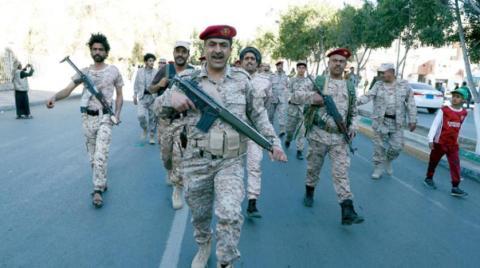
CASABLANCA, June 22 (Reuters) - New hearings took place on Tuesday in the trials of two dissident journalists in Morocco accused of sexual assault, whose detention rights groups see as evidence of increasing state repression and a push to silence dissent.
The two men, Soulimane Raisouni and Omar Radi, who both deny the accusations against them, have spent a year in pre-trial detention and Raisouni has been on hunger strike for over two months, raising concerns about his health.
The cases have brought into focus fears that the ruling authorities are increasingly intolerant of dissent and will manipulate Moroccan law to silence critics, a group of rights organisations said in April.
"What remains of press freedom in Morocco is under siege, and those who dare to publicly criticise the increasingly repressive regime face prosecution on dubious charges and slander campaigns," said the groups, which included Human Rights Watch and the Committee to Protect Journalists.
The Moroccan government and the judiciary deny that the prosecution is politically motivated. The plaintiffs in the cases accuse the rights groups of ignoring what they call their own quest for justice in a system that has often shielded sexual abusers.
The Minister in charge of Human Rights, Mustapha Ramid, did not respond to Reuters calls or messages but has previously described Morocco as "neither a hell nor a paradise for human rights".
The government says the judiciary is independent in line with Morocco"s 2011 constitution and that courts implement national law.
OUTSPOKEN CRITICS
Rights activists believe the authorities are using pre-trial detention to target political opponents by applying the law unevenly. Raisouni and Radi are outspoken critics of public policy, the judiciary and Morocco"s human rights record.
"There was no written justification for this pre-trial detention," said Ahmed Benchemsi of Human Rights Watch, who was observing the trial.
Several other cases have been brought against prominent dissidents over the past two years, including a historian accused of money laundering and another journalist, Raisouni"s niece, who was convicted of having an illegal abortion.
"The detention of Soulaiman and Omar is vindictive because of their work as journalists and their human rights activism," said the niece, Hajar Raisouni, who was pardoned in 2019.
Radi, a journalist and activist, has been held since July last year on charges of raping a woman and spying, which he also denies. The court in Casablanca will on Tuesday hear the core of the charges against him.
Raisouni, a newspaper editor detained in May 2020, is accused of sexually assaulting a man. Hearings on his case have focused on whether he is well enough to stand trial, with the prosecution accusing him of delaying tactics.
His wife and defence team say his hunger strike has left him dangerously ill and that he should be in hospital. Prison authorities and the state-appointed National Human Rights Council have said his health is stable.
Lawyers for the pair said their detention before the trial was arbitrary and "a violation of the presumption of innocence", adding that both men had provided guarantees of attending the trial.
Raisouni"s accuser, publicly identified only as "Adam", told Reuters that efforts to cast the case as political were denying his right to justice and accused rights groups of failing to support the LGBTQ community in Morocco.
Radi"s accuser, Hafsa Boutahar, his colleague, said she was "speaking up for all raped women" and accused rights groups of victim-blaming.
Morocco"s national press union has called for the provisional release of the two journalists but defended the right of the plaintiff to seek justice in a fair trial.












